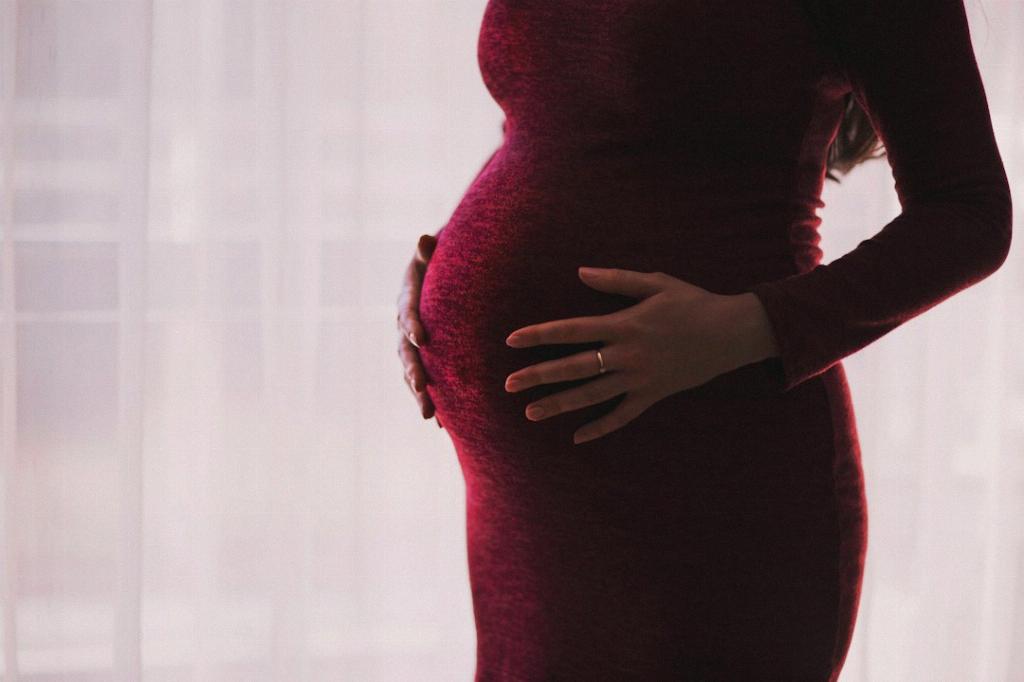Albuterol, a commonly prescribed medication for respiratory conditions such as asthma, can have various side effects in babies. While most babies tolerate albuterol well, it is important for parents and caregivers to be aware of the potential side effects that may arise.
Common Side Effects
One of the most common side effects of albuterol in babies is a rapid heartbeat. This increase in heart rate may cause concern for parents, but it is generally a temporary and benign effect of the medication. Additionally, flushing, or redness of the skin, and jitteriness are common side effects that babies may experience after taking albuterol.
Potential Hyperactivity
It is worth noting that in some babies, the initial jitteriness caused by albuterol can escalate into hyperactivity. This heightened state of activity may manifest as restlessness and increased movement. While this can be alarming for parents, it is typically a transient effect that subsides within a short period.
Duration of Side Effects
For most babies, the side effects of albuterol, including rapid heartbeat, flushing, and jitteriness, are temporary and diminish within approximately 10 to 15 minutes after administration of the medication. It is essential for parents to monitor their baby closely during this period to ensure their well-being.
Managing Side Effects
If your baby experiences persistent or severe side effects from albuterol, it is crucial to consult their healthcare provider. The healthcare provider can offer guidance on managing the side effects and may recommend adjustments to the dosage or frequency of albuterol administration.
Less Common Side Effects
While rapid heartbeat, flushing, and jitteriness are the most commonly reported side effects of albuterol in babies, there are less common side effects that may occur. These can include headaches, nausea, and muscle tremors. If your baby exhibits any unusual or concerning symptoms after taking albuterol, seek medical advice promptly.
Monitoring Baby’s Response
When administering albuterol to a baby, it is important to observe how they respond to the medication carefully. Note any changes in behavior, appearance, or vital signs that may indicate a reaction to albuterol. Promptly report any concerning symptoms to the healthcare provider.
Individual Variability
It is essential to recognize that each baby may react differently to albuterol. While some babies may experience minimal side effects, others may be more sensitive to the medication and exhibit pronounced reactions. Understanding your baby’s unique response to albuterol can help you manage any potential side effects effectively.
Importance of Proper Dosage
Ensuring that your baby receives the correct dosage of albuterol is crucial in minimizing the risk of side effects. Follow the healthcare provider’s instructions carefully regarding the dosage and frequency of albuterol administration. Avoid altering the dosage without consulting the healthcare provider.
Seeking Medical Advice
If you have any concerns or questions about the side effects of albuterol in your baby, do not hesitate to seek guidance from a healthcare professional. They can offer personalized advice based on your baby’s medical history and individual circumstances.
Conclusion
Albuterol is a valuable medication for treating respiratory conditions in babies, but it can have potential side effects that parents should be aware of. By monitoring your baby’s response to albuterol, seeking medical advice when needed, and maintaining open communication with healthcare providers, you can help ensure a safe and effective treatment plan for your baby.

